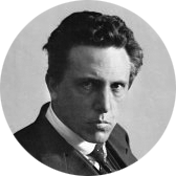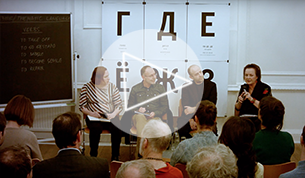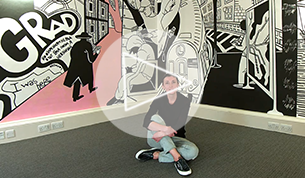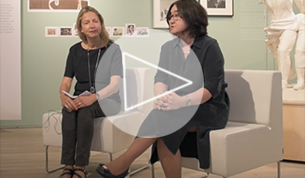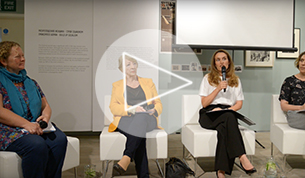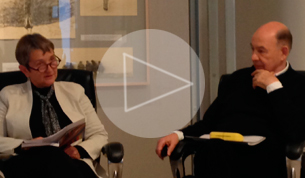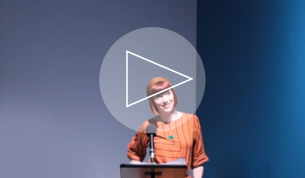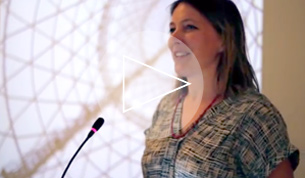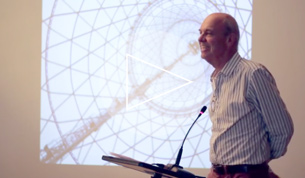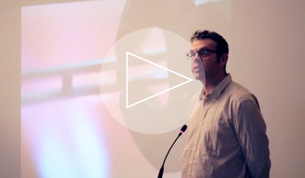Watch
Mother Tongue
Apparition of the Last Soviet Artist in London
ShadowMemory x Art Night Open
Postponed Futures
Superwoman: ‘Work, Build and Don’t Whine'
Unexpected Eisenstein
-
 Rachel Morley:
Rachel Morley:
Russian Cinema before 1917 -
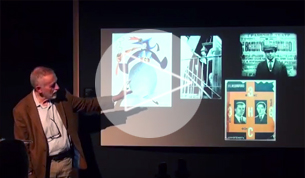 Ian Christie:
Ian Christie:
Besides Eisenstein: Protazanov, Barnet and the new Soviet cinema of the 1920s -
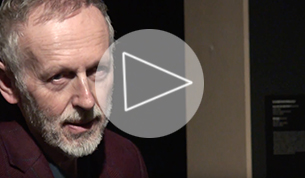 Ian Christie:
Ian Christie:
Maxim and co: creating the new heroes and heroines of the 1930s -
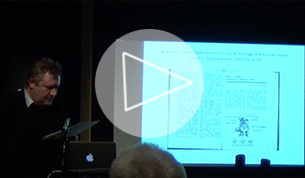 Phil Cavendish:
Phil Cavendish:
Soviet Colour Film, 1929-1945: An Experiment Understood by Very Few -
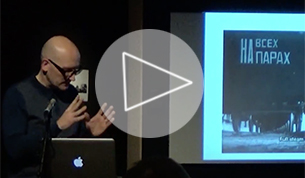 Jeremy Hicks:
Jeremy Hicks:
Meaningful Martyrdom — Death, Revolution and Victory from Lenin to the Reichstag, 1924–45 -
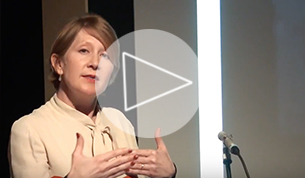 Emma Widdis:
Emma Widdis:
Film and the Making of the New Soviet Person: Bodies, Minds and Feelings -
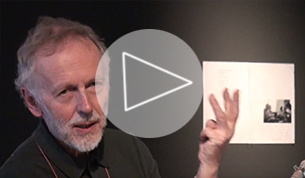 Ian Christie:
Ian Christie:
Hopes and fears: the Soviet New Wave of the 1960s -
 Carmen Gray:
Carmen Gray:
Andrei Tarkovsky: The Citizen Poet and the State -
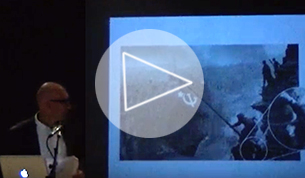 Jeremy Hicks:
Jeremy Hicks:
Reusing War Footage in Russian and Soviet Films, 1945–2015
Peripheral Visions
A Game in Hell. The Great War in Russia
-
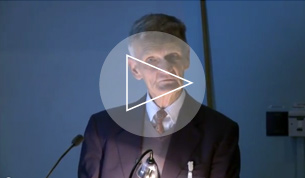 John E. Bowlt:
John E. Bowlt:
Introductory remarks -
 Elena Sudakova:
Elena Sudakova:
'Forgotten Heroes of the Great War' -
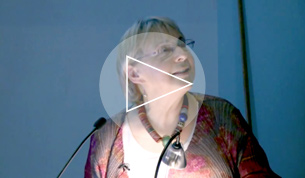 Christina Lodder:
Christina Lodder:
'A Painting Fit for Heroes: Kazimir Malevich's Reservist of the First Division' -
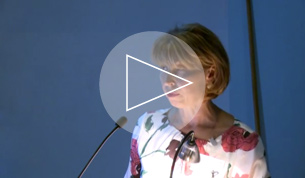 Natalia Budanova:
Natalia Budanova:
'Who Needs the Art Now?': Russian Women Artists Representing the Great War' -
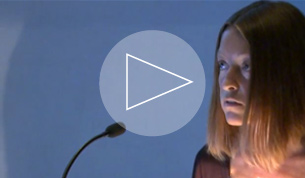 Valentina Parisi:
Valentina Parisi:
'Russian Avant-Garde Circles and the Literary Response to the Great War'
Work and Play Behind the Iron Curtain
The Shabolovka Tower Model
Kino/Film: Soviet Posters of the Silent Screen
-
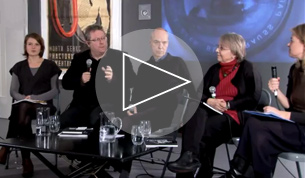 Curators and Special Guests:
Curators and Special Guests:
Panel Discussion with Exhibition -
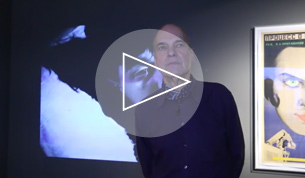 Lutz Becker:
Lutz Becker:
Curator talks: Chess Fever and The Three Million Case -
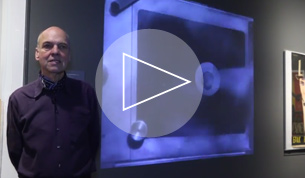 Lutz Becker:
Lutz Becker:
Curator talks: Man with a Movie Camera -
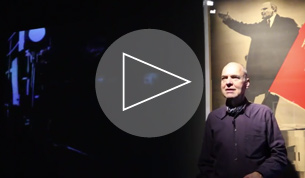 Lutz Becker:
Lutz Becker:
Curator talks: October -
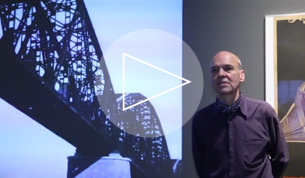 Lutz Becker:
Lutz Becker:
Curator talks: Storm Over Asia and Turksib -
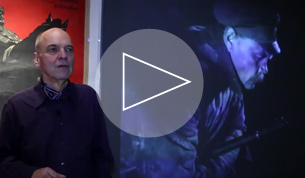 Lutz Becker:
Lutz Becker:
Curator talks: The End of St Petersburg -
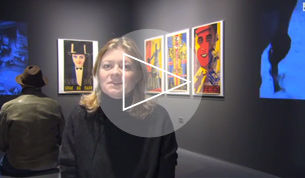 Elena Sudakova:
Elena Sudakova:
Soviet Posters of the Silent Screen
Utopia LTD
-
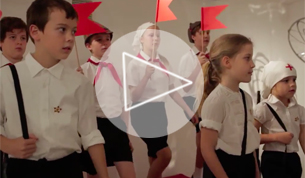 'Inside the Rainbow' Performance:
'Inside the Rainbow' Performance:
Directed by Irina Brown -
 Professor John Milner:
Professor John Milner:
Seminar: 'Re-Constructivism' -
 Willem Jan Renders:
Willem Jan Renders:
Seminar: 'After Lissitzky: Reconstructions at the Van Abbemuseum' -
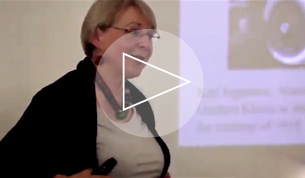 Christina Lodder:
Christina Lodder:
Seminar: 'Gustav Klucis: Transmitting Utopia' -
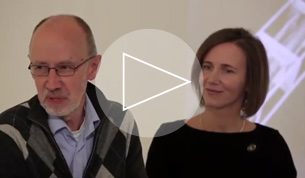 Aleksandr Shklyaruk:
Aleksandr Shklyaruk:
Seminar: 'Klucis and the Materialisation of a Futurist Idea' -
 Dr. Maria Tsantsanoglou:
Dr. Maria Tsantsanoglou:
Seminar: 'Tatlin's Legend'
Listen
Superwoman: ‘Work, Build and Don’t Whine'
Unexpected Eisenstein
Bolt
A Game in Hell. The Great War in Russia
Read
Iakov Protazanov
(1881–1945)
Iakov Protazanov was born in Moscow. He was one of the founders of Russian, and subsequently Soviet cinematography, best known for his lavish historical epics and for adapting literature for the screen. His career spanned over thirty years, in Moscow, Yalta, Paris and Berlin. He managed to survive and work despite political upheavals and regime changes — probably a unique feat in Russian cinema history.
Between 1904 and 1906 Protazanov travelled extensively around Europe after receiving an inheritance from a distant aunt from Kiev. During this period he changed occupation several times, working briefly as a clerk, an accountant and a translator. He began his career in film in 1906 with an apprenticeship at Gloria Films (which later became Thiemann and Reinhardt). Having spent some time as a scriptwriter and actor, he then moved on to become a director. His first film, produced in 1911, was called The Prisoner’s Song. The following year he made a biographical film about Leo Tolstoy, notable for the innovative use of documentary footage combined with staged scenes. The film was banned in Tsarist Russia. Protazanov went on to make several films starring one of Russia’s leading actors, Ivan Mozhukhin, including The Queen of Spades (1916) and Father Sergii (1917). The latter, based on a story by Leo Tolstoy, is considered Protazanov’s masterpiece and features a tour-de-force performance by Mozhukhin. Protazanov worked relentlessly in this period, and by the end of World War I he directed about forty films: most of them sentimental melodramas and detective stories that brought the production companies huge commercial success.
The director fled Russia during the turmoil of the Russian Revolution and the Civil War. He first relocated to Yalta in 1918, then to Constantinople, and by 1920 he had moved to Paris. Protazanov quickly established himself in the West and made six pictures in France and Germany before he returned to Soviet Russia in 1923 and started working for MezhrabpomRus. Protazanov’s skillfully made, highly entertaining, and superficially politicized blockbusters gave the studio the profits it needed to support the more revolutionary (and less profitable) work of young Soviet film-makers like Vsevolod Pudovkin.
Protazanov’s first Soviet film was the highly popular science fiction Aelita (1924), for which gigantic sets were erected by the Constructivist stage designers Isaak Rabinovich and Viktor Simov. His other works included the comedy The Three Million Case (1926) and the revolutionary drama Forty-First (1927), in which a young woman fighting for the Red army in Turkestan falls in love with the White officer who eventually becomes her forty-first victim. Another of his works, The White Eagle (1928), is notable for being the only film starring Vsevlod Meyerhold as an actor, as well as Vasilii Kachalov, one of Stanislavsky’s best known performers. Throughout the 1920s, Protazanov displayed a finely tuned talent for social satire and his comedies proved to be very popular with Soviet audiences
With the advent of sound, he directed the satirical musical comedy The Marionettes (1934) and an adaptation of Aleksandr Ostrovskii’s play The Girl Without a Dowry (1937). The latter won Protazanov a medal at the International Exhibition in Paris that same year.
During WWII Protazanov was evacuated to Tashkent where he worked on the comedy Nasreddin in Bukhara (1943) for which he was awarded the title of Acclaimed Artist of Uzbekistan. He continued working on new films before passing away in 1945, at the age of 64.
